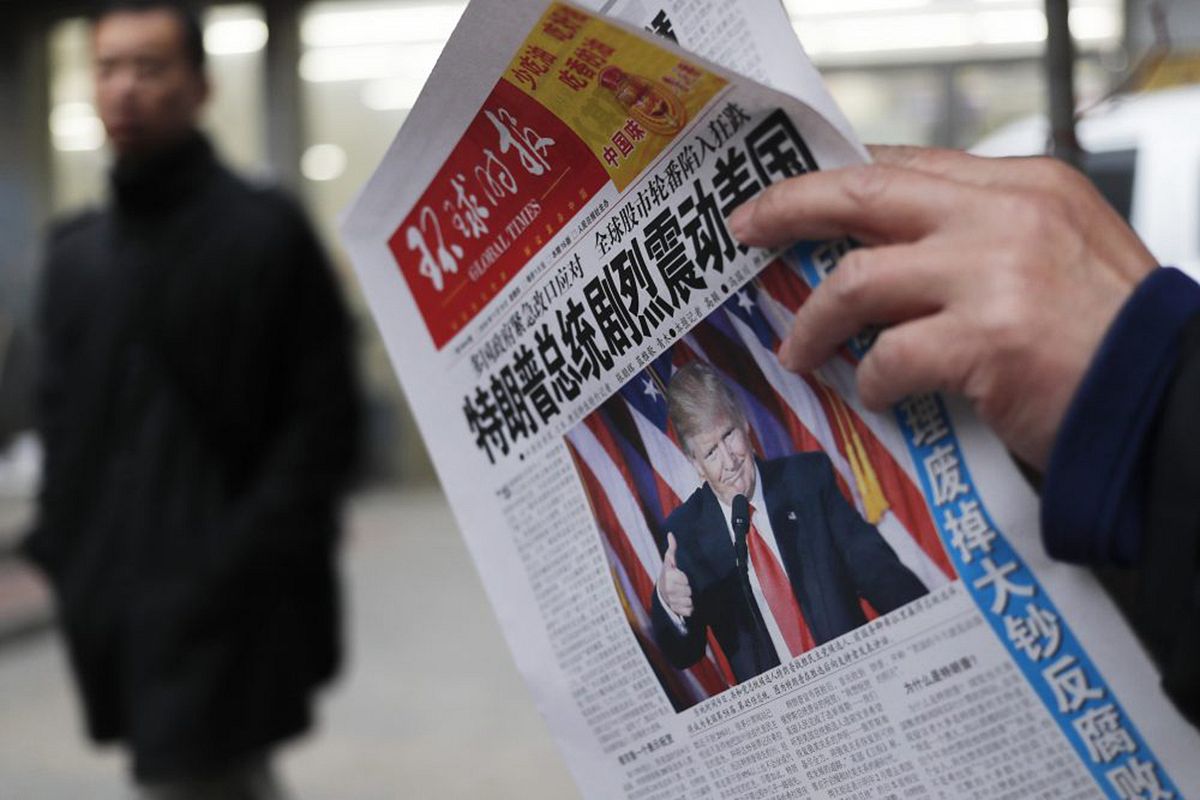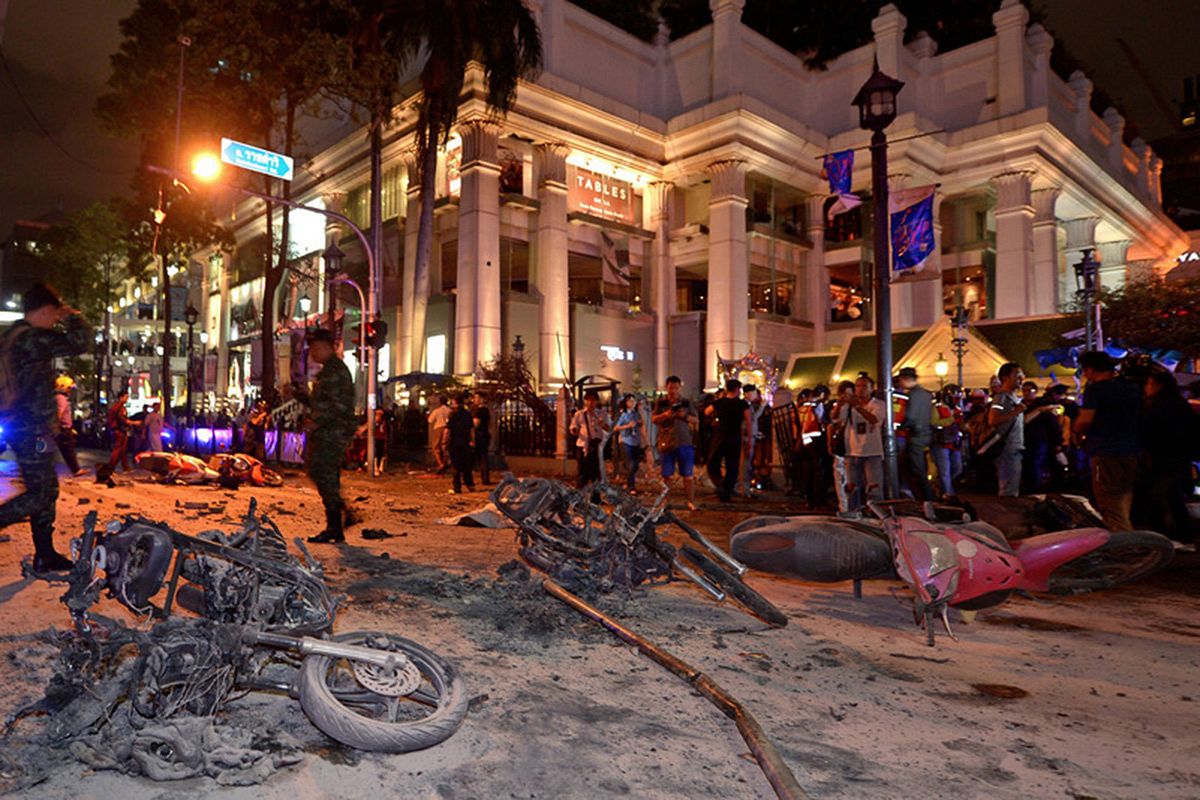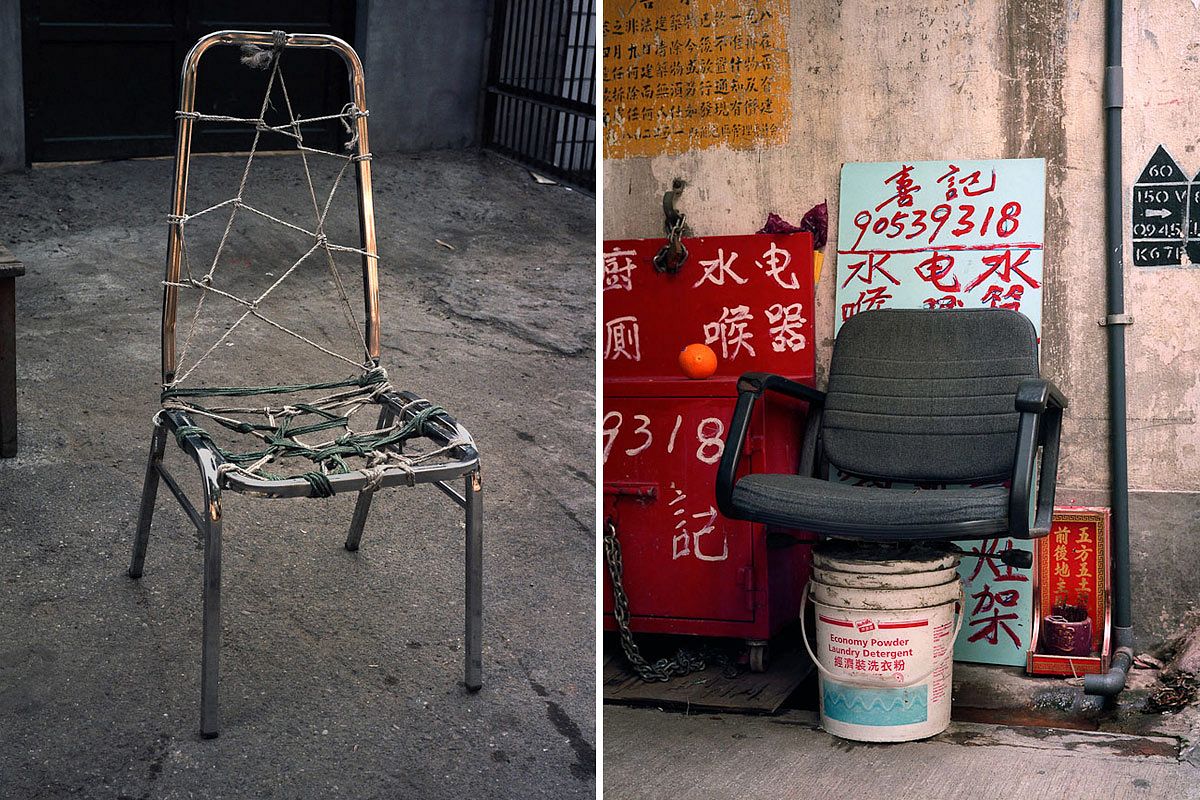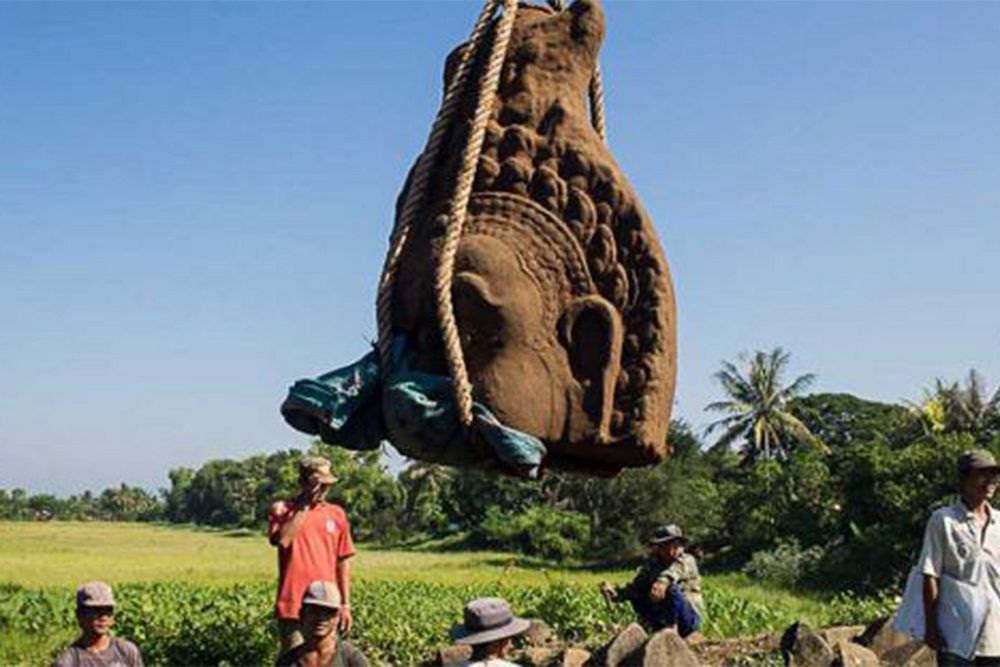Last Friday, United States President-elect Donald Trump threw political convention out the window once again by speaking on the phone with the leader of Taiwan.
Trump's call with President Tsai Ing-wen was the first communication between an American and Taiwanese leader since 1979, according to the Washington Post. That was the year the US ended diplomatic relations with Taiwan and recognized the One China policy, under which Taiwan is considered a renegade province.
The New York Times reports that the brief phone call has ruffled feathers throughout Asia, as the Taiwan issue had fallen down the list of potential flashpoints in recent decades.
Jon M. Huntsman, the US ambassador to China during President Obama's first term, told the newspaper: "Taiwan is about to become a more prominent feature of the overall US-China relationship. As a businessman, Donald Trump is used to looking for leverage in any relationship. A President Trump is likely to see Taiwan as a useful leverage point."
China's reaction was muted at first. According to the Times, Foreign Minister Wang Yi dismissed the call as a petty move by Taiwan that would have no impact on American policy.
However, later the Chinese Foreign Ministry lodged a formal complaint with the White House asking the US to "handle issues related to Taiwan carefully and properly to avoid causing unnecessary interference to the overall US-China relationship", the news source reports.
Meanwhile, The Atlantic quotes Evan Medeiros, former Asia director at the White House National Security Council, who said: "The Chinese leadership will see this as a highly provocative action, of historic proportions...Regardless if it was deliberate or accidental...Trump is setting a foundation of enduring mistrust and strategic competition for US-China relations."
President-elect Trump has responded to the controversy in his typical blustery fashion, tweeting on Monday: "Did China ask us if it was OK to devalue their currency (making it hard for our companies to compete), heavily tax our products going into...their country (the US doesn't tax them) or to build a massive military complex in the middle of the South China Sea? I don't think so!"
Throughout this year's US presidential campaign, Trump railed against China for their allegedly unfair trade policies, and The Washington Post reports that several members of Trump's transition team hold hawkish positions toward the country. Therefore it is possible that the US may pursue a more pro-Taiwan foreign policy, but Trump's erratic behavior makes it difficult to guess what will happen.
This does not bode well for much of the continent, as the president-elect's behavior threatens to distort much of Obama's previous pivot toward Asia. Fearing the uncertainty of a Trump presidency, many smaller Asian nations will be forced to renegotiate their own relationships with China, as the United States is no longer a reliable partner for long-term protection. Even before the prospect of President-elect Trump became a reality, nations like China, Japan and South Korea were already mired in an arms race, reports the Southeast Asia Globe.
"Nations in Southeast Asia – Indonesia, Malaysia, Vietnam and the Philippines – are also buying weapons, but the strategic inadvisability of relying on Washington for protection will put more pressure on them to reach a long-term accommodation with China – even if the terms are less than advantageous," writes Tim Johnston, Asia program director for the International Crisis Group, for the Globe.
Johnston continues: "The region’s confidence in that [long-term protection] contract has now been shattered – not just by Trump’s questioning during the campaign of the norms that have governed the relationship, but also by the failure of the political elite to ensure that a strategic iconoclast such as the president-elect never made it to the White House."
[Photo via WBUR]














